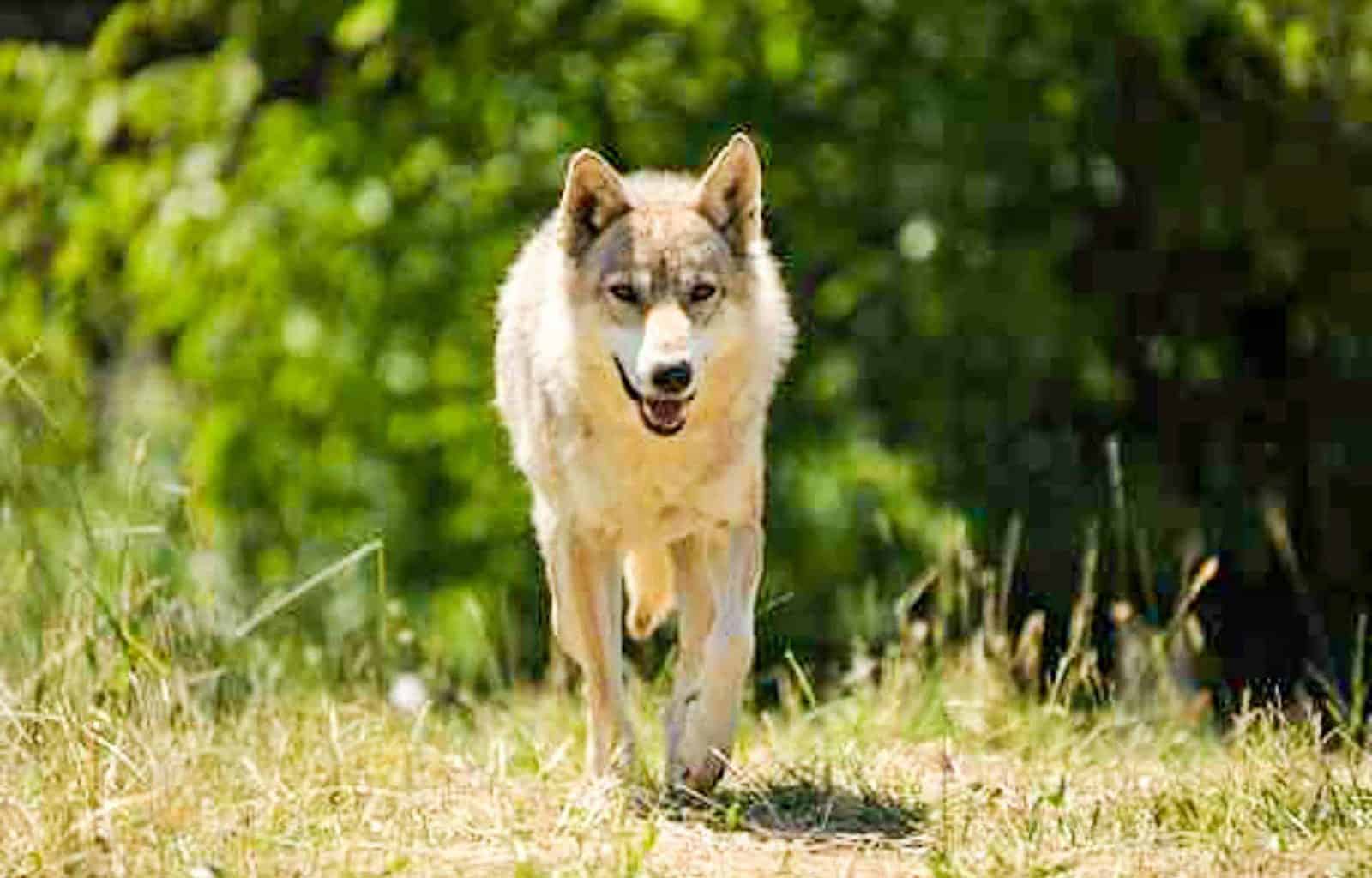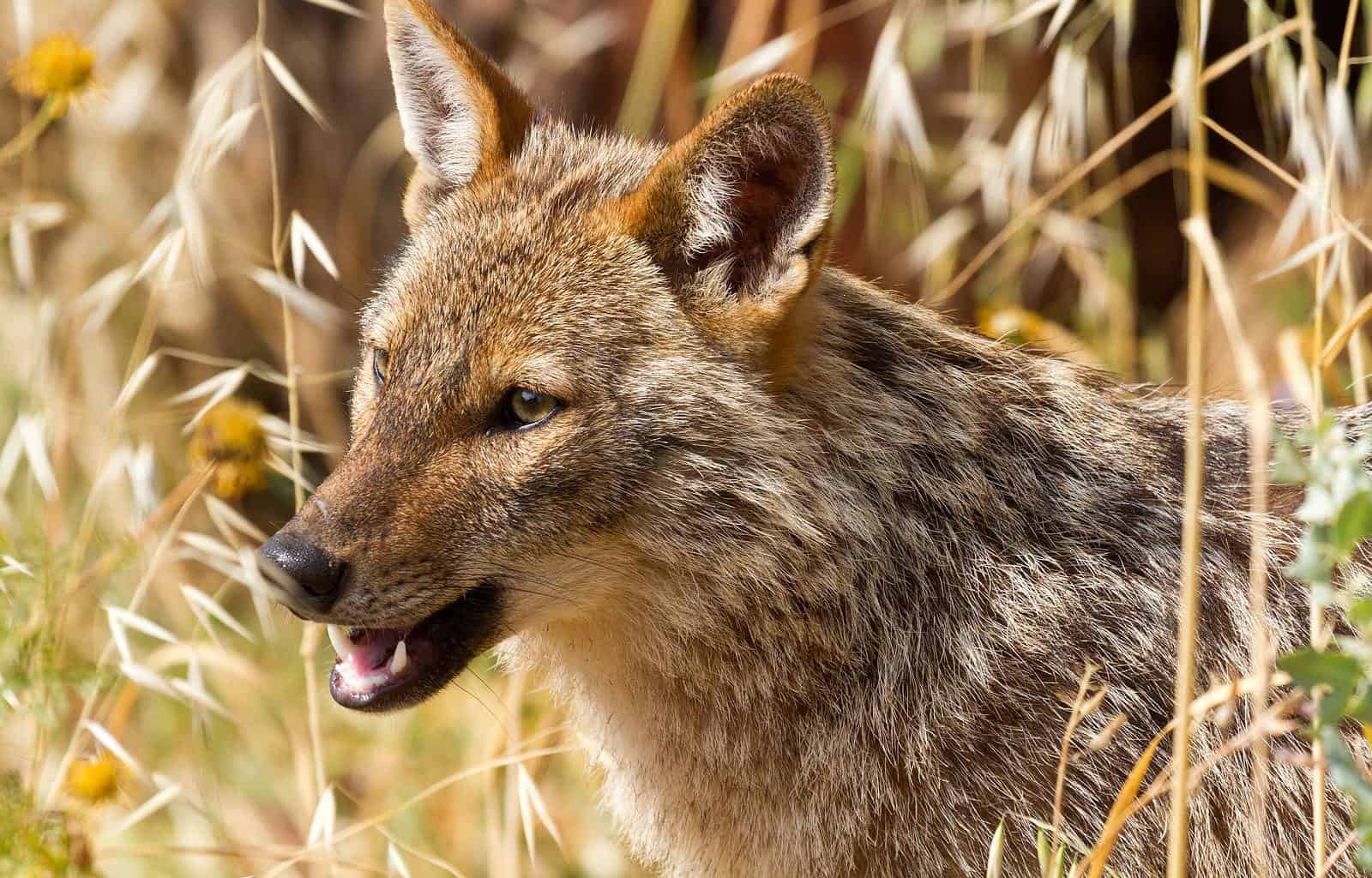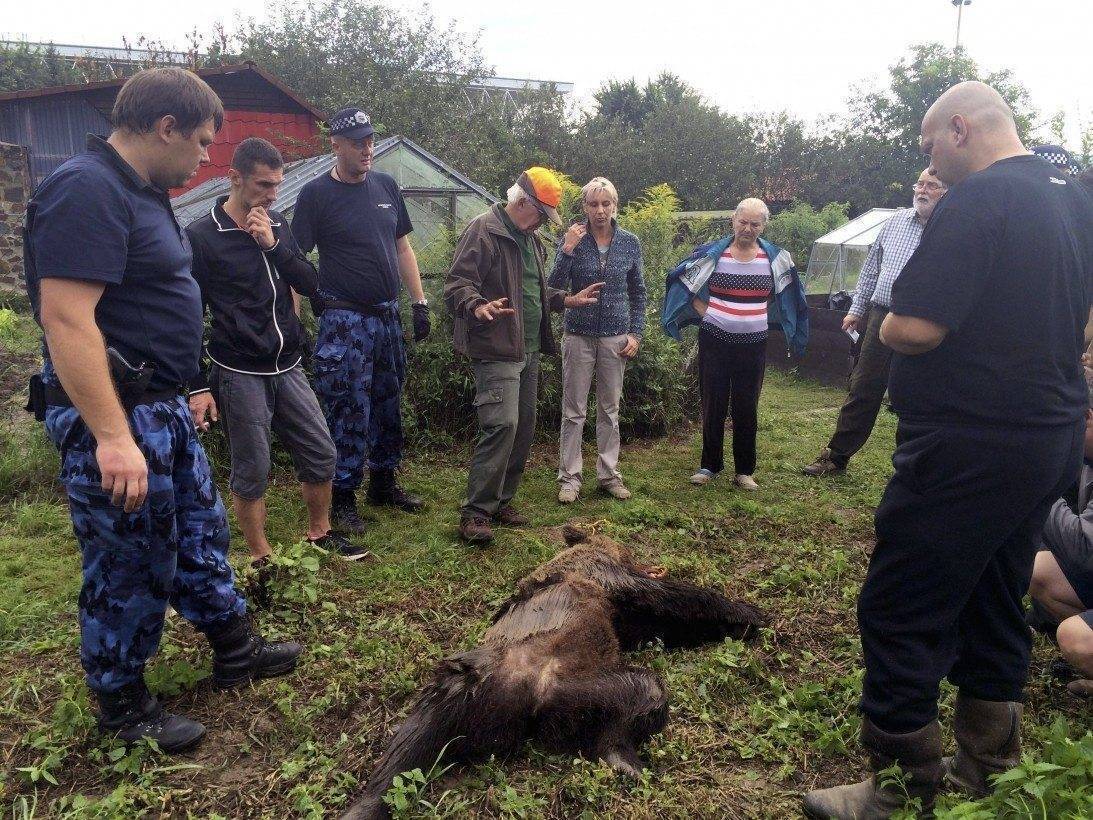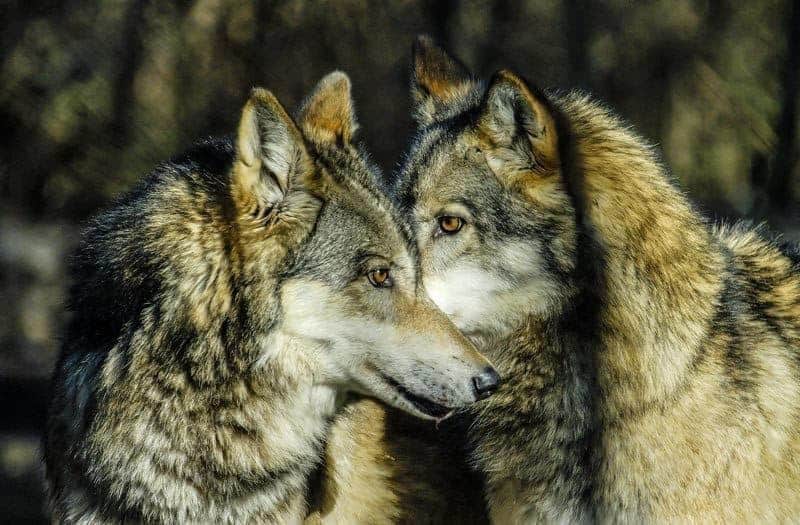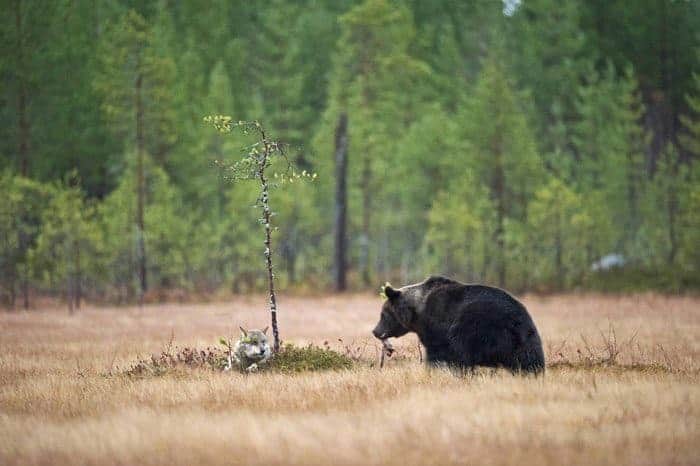Wolves do not spread African Swine Fever
African Swine Fever is a common virus that infects domestic pigs and wild boars. It is highly contagious and deadly for pigs, but does not infect humans. While it is not endemic in Europe, is regularly hits pig farms in big waves. This is currently happening again as it has been detected in Germany, where 4000 pigs were killed to stop the spread of the virus. It has also spread amongst wild boars in Eastern Germany with 2000 detected cases. Despite its danger and common outbreaks, it is still not clear how it spreads.
Once it has infected a large pig farm, it spreads rapidly and can infect hundreds or even thousands of animals. But how does it get to these big farms in the first place? The first route is through different levels of pig husbandry. Contaminated fodder is delivered to different farms and sick pigs are exchanged between farms. Or farmers just dump diseased animals, so that the virus gets into water ways, or they are still slaughtered and the meat is distributed. If all of this is not properly monitored, the Swine Fever can spread rapidly.
Does wildlife transmit African Swine Fever?
The second way African Swine Fever reaches pig farms is through wildlife, even though it is highly debated to which extent this happens. Nevertheless, as soon as there is an outbreak of Swine Fever, you can bet that someone will very quickly call for a mass killing of wild boars in the area. But how is Swine Fever even spreading amongst wild boars? They are not kept in tight spaces by the hundreds and also not transported thousands of kilometres to raise or slaughter them. One theory was that the wolf and other large carnivores spread the virus over long distances as they have big home ranges.
A new study proves that this theory is false. Scientists have collected 62 wolf faecal samples in Poland, where African Swine Fever occurs regularly in wild boars. None of the samples contained the virus of African Swine Fever. The scientists could also identify nine wild boar carcasses that the examined wolves have fed on, of which eight carried the virus. This clearly shows that the virus does not pass the wolves’ intestines and is hence not transmitted by them.
This once again shows that intact trophic cascades do not threaten our livestock, but that intensive animal husbandry does. Where nature can develop freely, it is balanced and large carnivores play an important role by removing sick prey animals from the population. Wilderness does not take space away from humans, but provides refuges for wildlife and keeps nature in balance.

